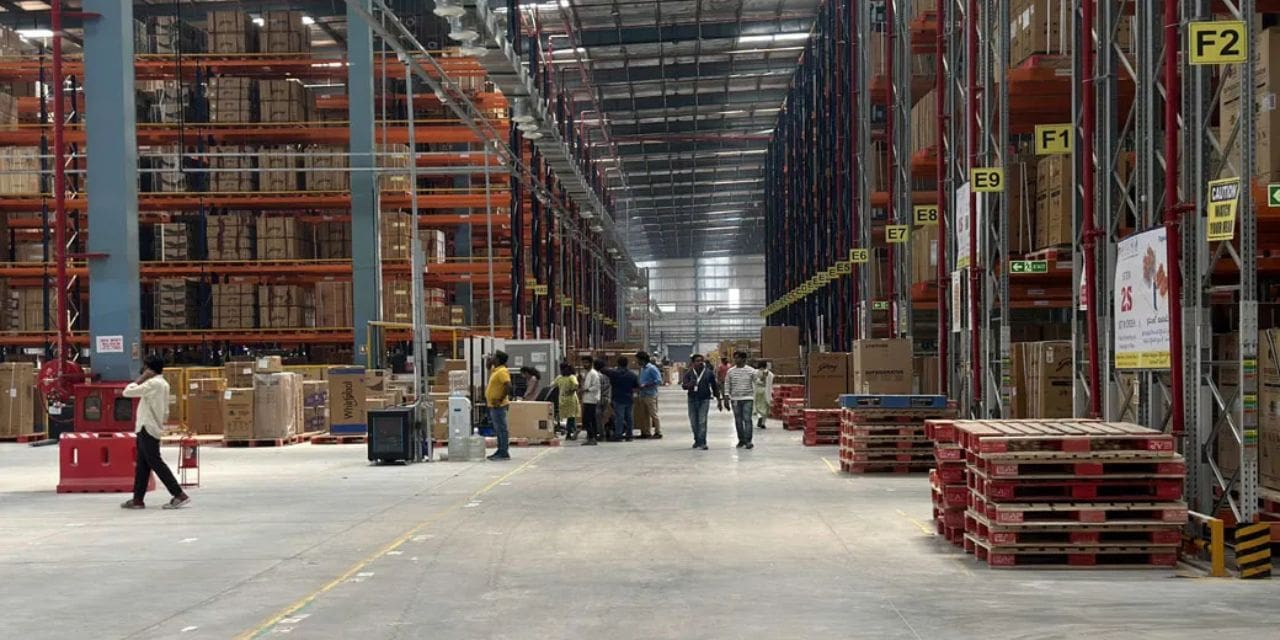According to CBRE India, the first quarter (Q1) of 2023 was a strong one for Indian real estate, with most sectoral indices reaching annual highs.
The provider of commercial real estate services and investments anticipates that despite global headwinds, the country’s solid macroeconomic fundamentals and the real estate sector’s resilience would enable it retain its growth trajectory.
In Q1 2023, leasing activity and supply addition in India’s retail sector both had triple-digit annual growth, and more strengthening of the industry’s growth indicators is anticipated.
Even though e-commerce demand increased, third-party logistics continued to fuel leasing momentum during the quarter. According to its “India Market Monitor Q1” report, the arrival of high-quality supply will guarantee the sector’s resistance to macroeconomic volatility. Report for 2023.
Although CBRE noted that recessionary forces in important developed economies might slow the pace of decision-making, sustained investment inflows are anticipated in the sector this year.
Mumbai, Delhi National Capital Region, and Bengaluru received a combined share of around 30% of the sector’s investment inflows in Q1 2023.
Due to the addition of pent-up supply, retail supply is anticipated to approach 2022 levels this year. Additionally, a number of investment-grade projects announced in the previous two years are scheduled to start up in 2023. This would boost primary leasing, which is anticipated to be the key demand generator for retail space this year, according to the CBRE analysis.
Indian retailers will search outside of traditional malls and high streets to the supply chain change that will enable consumers to shop for any goods at any time by diversifying their location tactics. According to CBRE, social commerce and the use of the metaverse will become important omni-channel tactics.
According to the report, Indian merchants will probably continue to “rightsize” their locations in order to engage customers and give them a variety of options.

